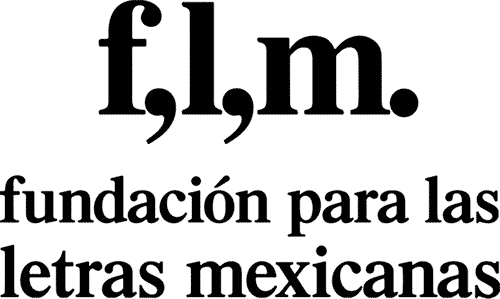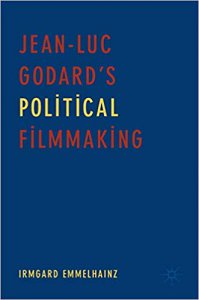Jean-Luc Godard’s films are inscribed in a reflection on the contradictions embedded in the relationship between ethics and politics and the artists’ capacity to represent or to be involved in historical or actual political events. These interrogations translate into matters of visibility and technique and to how to render present the absent in relationship to action or intervention and poiesis. I inscribe Godard’s oeuvre within the tradition of materialist aesthetics and describe his films as “dialectical materialist.” Godard’s work is an aesthetic-political project that has shifted according to historical changes in the past 50 years: From the “politics of representation” and its crisis in the 1960s, to the politics of counter-information in the 1970s, to an exploration of the new modes of subjectivation by capitalism in the 1980s and a search to resacralize mechanically reproduced images, to Godard’s critique of the culture and memory industries, to his controversial juxtaposition of the Shoah and the Nakba, to the post-political call for the redistribution of the sensible and for peripheral languages.
Jean-Luc Godard's Political Filmmaking
* Esta contraportada corresponde a la edición de 2019. La Enciclopedia de la literatura en México no se hace responsable de los contenidos y puntos de vista vertidos en ella.



